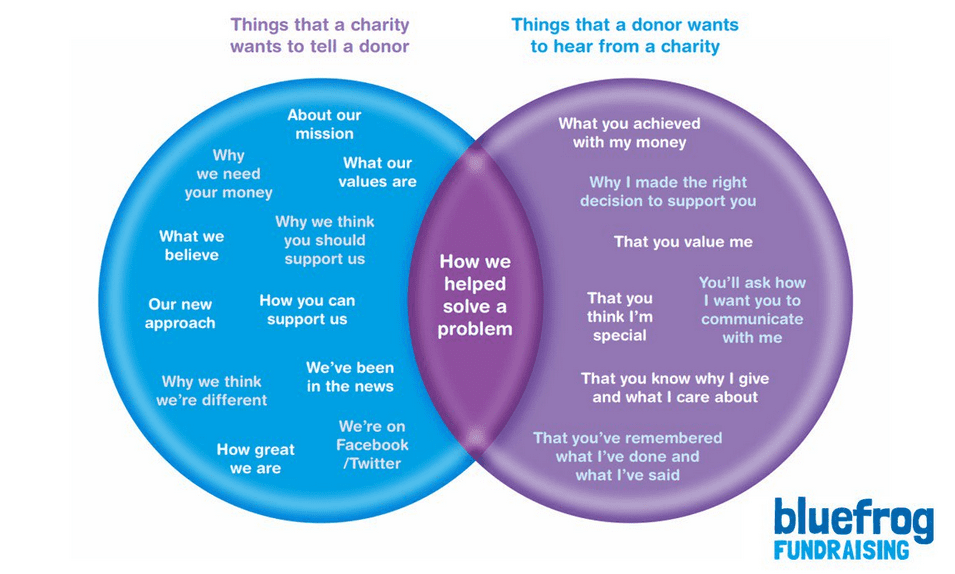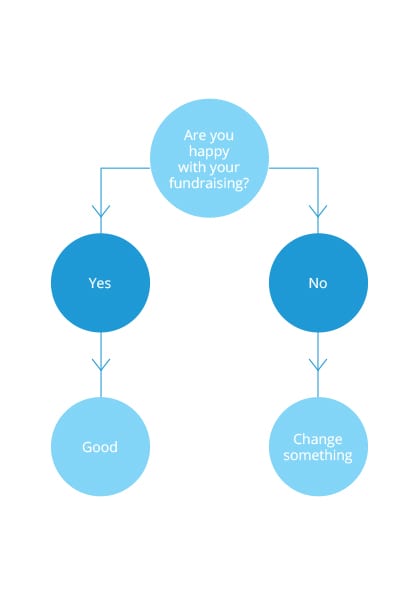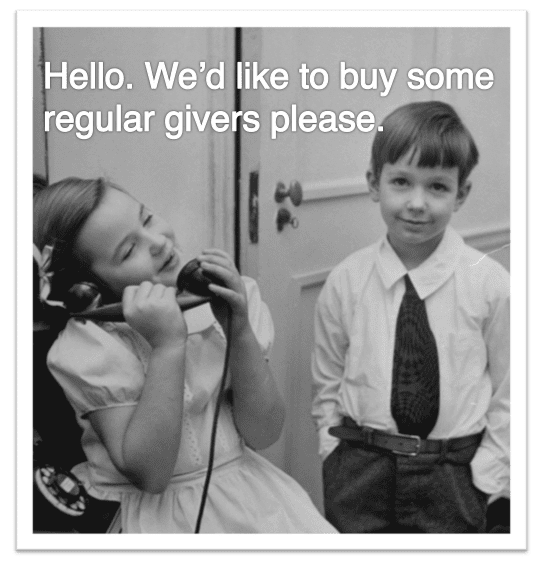What happens when silence tells the story in fundraising?
In my presentations I often reflect on why systems break down and how the collapse of norms, logic, and accountability comes about. Why do checks and balances unravel? Why is testing a lost art? Why do people act on assumptions rather than evidence? And why do those choices so often lead to disaster?
The 2008 financial crisis is an example that I use to illustrate my points. How did so many intelligent people – and entire institutions – drive the global economy off a cliff? The Big Short captures much of the drama, but Gillian Tett’s Fool’s Gold digs deeper. It is an anthropological excavation of the culture, language, silences, and blind spots that fuelled the crash. It’s a great read.
Tett shows how, in a tightly bound culture, questioning can become dangerous. Challenge the consensus and you risk expulsion from the group. In such an environment, silence feels safer.
That’s where anthropology offers something vital. It changes the way you look at the world. You start asking how different parts of society interact, and you begin actively listening for silences. Anthropologists are trained to notice not just what is spoken, but what is left unsaid – to expose the taboos, assumptions, and the tunnel vision created by groupthink.
Silence, in this context, isn’t neutral. It is a signal – don’t rock the boat – People hold back because they fear looking naïve, wrong, or out of step. They self-censor rather than challenge. And in sectors like fundraising, where dissent can carry real risks, the pressure to stay quiet is powerful.
This silence was not peripheral to the financial crash – it was central. As Tett noted, insiders “were so caught up with the creation process, they couldn’t actually see what the end result was.” Brilliant minds, trapped inside a bubble, too afraid or too uncaring to ask Why?
That dynamic should sound familiar. Fundraising has its own versions of silence and herd instinct.
We often chase trends almost reflexively – because others do. I’ve lost count of the times I’ve heard, “Well, if [big charity] is doing it, it must work.” For me, that’s always a massive red flag. It usually means there’s no real evidence – just hope that someone else has done the due diligence.
Look at some of the big sector missteps – rebranding, engagement products, value exchange models, free will writing guides, or those text-giving campaigns plastered across tube trains in London. Many charities were left seriously out of pocket because they adopted these ideas without asking the most basic questions: Why would this work? Why might it fail? The fact that someone else tried it is not proof of effectiveness. Copying rarely comes with a guarantee.
Anthropology helps explain our instinct to follow the pack – and gives us the awareness to question it. Part of it is FOMO – the lure of being part of the next big thing – the glow of an award. Conformity also feels safer. If everyone is doing it, criticism stings less; if a campaign fails, at least we weren’t alone. But safety is not strategy. Too often, the glittering prize – the shiny ball – turns out to be nothing more than shiny plastic with no real value..
And here’s the silence we rarely acknowledge in the sector – failure. You’ll seldom read an article titled “Why our rebrand lost us £2 million.” or “How our engagement campaign nose dived to the tune of £250,000.” Those stories don’t necessarily fit the upbeat narrative of growth and innovation. But, we have to understand that when failures go unspoken, we don’t learn.
We can be left to assess new approaches in terms of fun or novelty rather than asking how on earth can they actually engage donors or drive income growth.
The risk is particularly high in organisations where leadership treats delegation as an endpoint rather than a beginning – where managers avoid challenge, pushback, and the hard but necessary no. I’ve seen the fear of saying no to junior teams unravel fundraising programmes that took years to build, in just a matter of months. So what do we do instead?
Here are four lessons from anthropology that can help us replace herd instinct with sharper insight:
- Step outside the tribe. Invite perspectives from outside fundraising. Talk with donors more than peers. Read widely – politics, sociology, anthropology, culture. Fresh eyes reveal what insiders overlook. And when you identify a silence, the challenge should be welcomed – not criticised.
- Listen to the silences. Pay attention to what isn’t being said. Which questions feel unsafe? Which topics struggle to make it to the agenda? The quiet spaces often reveal the deepest truths. How often have you heard anyone – apart from a small group of us willing to stick our heads above the parapet – highlight the fact that a rebrand and giving a charity a new name is likely to lose money?
- Ask the hard questions. Why are we doing this? What structural problem does it actually solve for us? How will we know if it worked? How will it change us? Don’t let awards or panel praise substitute for critical reflection.
- Hold onto what endures. Donor care, emotional connection, clarity of purpose – these are the lasting foundations. Times change but people don’t. Trends will fade, but these core tenets of fundraising remain gold.
The crash of 2008 wasn’t caused by stupidity. It was fuelled by silence, by cultural capture, and by innovation pursued for its own sake. Fundraising risks the same when we chase trends uncritically and mistake novelty for progress.
The anthropological lesson is simple: pause, step back, listen to the silences, and ask – will this generate real treasure, or will we end up with a pile of fool’s gold?
This was first published on my Substack on the 25th of September. I'm tending to post more things over there as it's so much easier to manage than clunky old WordPress and feedblitz. Feel free to subscribe - so you don't miss out on things that don't make it on to queerideas.
Tags In
The Essentials

Crack the Code to Regular Giving: Insights, Strategies, and a Special Giveaway!

‘Tis Halloween. Keep to the light and beware the Four Fundraisers of the Apocalypse!

Why do people give? The Donor Participation Project with Louis Diez.

A guide to fundraising on the back of a postcard

What does the latest research tell us about the state of fundraising?









